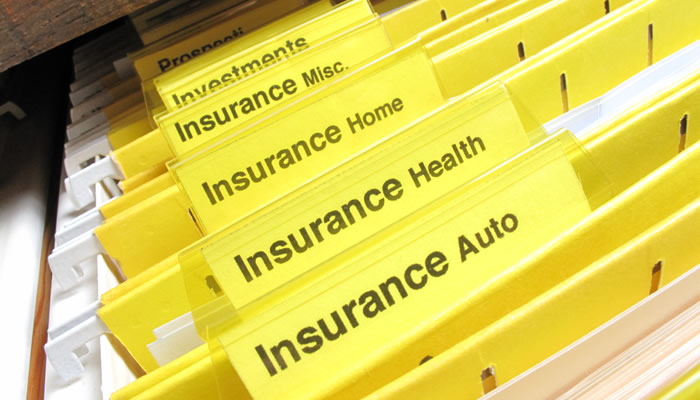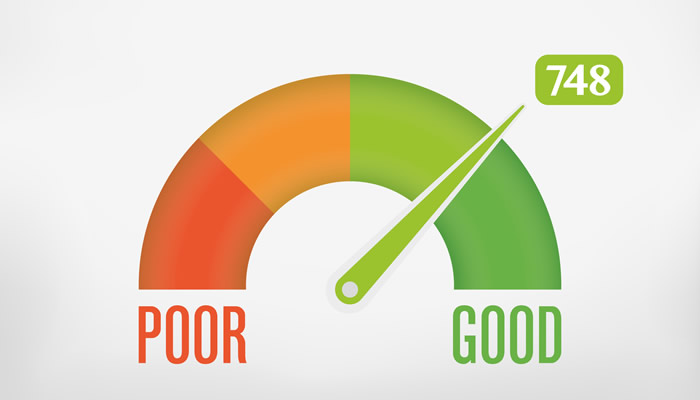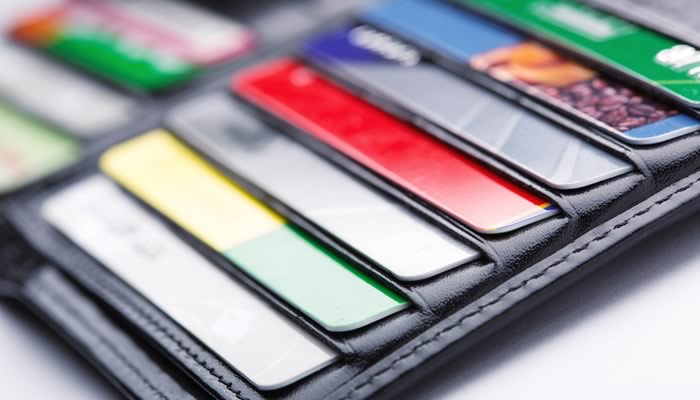What is Debt Consolidation and How Can It Help You?
If you’re up to your eyeballs in debt, debt consolidation may be the lifeline you’ve been looking for. Debt consolidation can help keep your head above water and keep your credit score intact, while avoiding last ditch efforts like filing for personal bankruptcy or a consumer proposal. When you file for personal bankruptcy, it will stay on your credit report between seven and 14 years. If you plan to make a major purchase like a home or car using credit, it’s important to keep your credit score in good shape.

What is Debt Consolidation?
Debt consolidation may sound like a complicated term, but it’s just a fancy term for a loan from a bank or credit union that allows you to repay your outstanding debts to your creditors all at the same time. Instead of bills piling up in your mailbox, you’ll only have one monthly debt payment to worry about.
Besides payday loans, credit card debt carries some of the highest interest rates out there. With the typical credit card interest rate at 19.99% and store credit cards even higher, it can take you years and cost thousands in interest to repay your outstanding balance. By consolidating your debt, you can quite often repay your debt at a lower interest rate than you’re paying now.
How Does Debt Consolidation Work?
With debt consolidation, in one fell swoop your financial institution will repay your total outstanding debts. In exchange for settling your outstanding debts, going forward you’ll be responsible for making a single monthly payment to your bank.
Similar to your mortgage, it can pay to shop around for the lowest interest rate. While your neighbourhood bank branch is a good starting point, you should take the time to check out competing banks to see if you can get a lower rate; perhaps your local branch might match the lower rate once you’ve done the legwork.
Do I Qualify for Debt Consolidation?
Debt consolidation can be a good solution to your debt problems – as long as you qualify. To qualify for a consolidation loan, typically you need to maintain at least an “acceptable” credit rating. If your credit rating has taken a beating, it’s advisable to apply for debt consolidation sooner rather than later while you still qualify. You’ll also have to show you have enough income to repay the consolidation loan on top of your regular living expenses.
Consolidation loans are ideal for dealing with revolving credit accounts, such as credit cards, as well as utility bills, and personal loans. However, not all debts qualify for debt consolidation – installment credit accounts, such as your mortgage, do not qualify (although other special arrangements can be made). Be sure to verify with your bank the type of debts you’ll be able to pay off with your loan.
What are the Disadvantages of Consolidation Loans?
If you have an addiction to debt, a consolidation loan can actually put you in worse financial shape. Here’s why: even though all your debts will be paid off and combined into a single loan, you may find yourself tempted to rack up even more charges on your store credit card (the same credit card that got you into debt in the first place).
A consolidation loan may be your last step before filing for a personal bankruptcy or a consumer proposal. It’s important to take your repayment obligations seriously. If you run into financial difficulties, your bank will be less understanding and willing to accept a late payment. The bottom line is before you choose a consolidation loan make sure it’s the best choice for you.
For more information, please visit Office of Consumer Affairs: Debt Consolidation.




